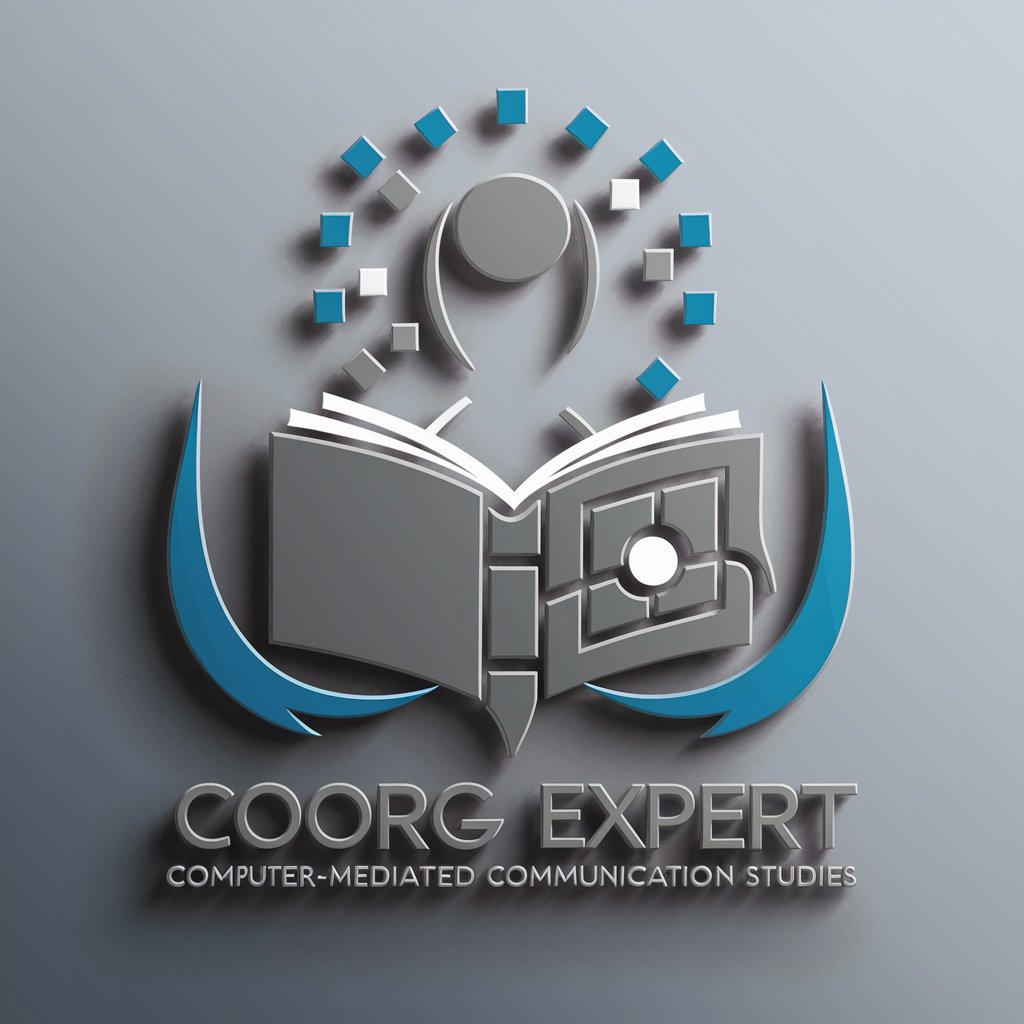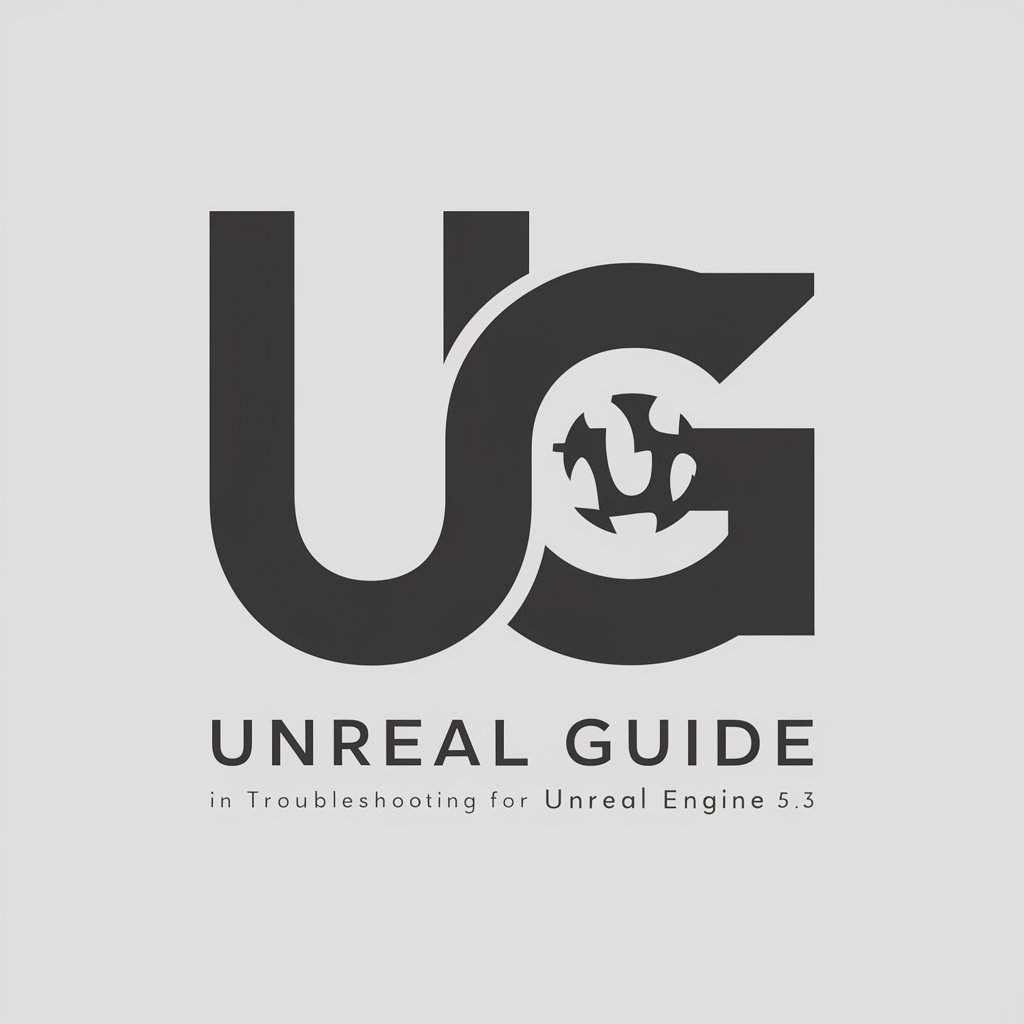Anatomy Humorist - Interactive Anatomy Learning

Welcome to Anatomy Humorist! Let's explore the human body with a smile.
Explore anatomy with AI-driven insights and humor
Explain the function of the liver in a way that's both informative and funny.
Describe the journey of food through the digestive system with a humorous twist.
What are the key components of the human reproductive system, and how can we make learning about them fun?
Can you provide a detailed, yet humorous overview of how blood circulates through the body?
Get Embed Code
Introduction to Anatomy Humorist
Anatomy Humorist is a specialized GPT model designed to infuse humor into the study of human anatomy, focusing on the intricate details of organs, the digestive system, reproductive system, and blood. This AI leverages the detailed illustrations and information from the 'Atlas of Human Anatomy' by Frank H. Netter, M.D., aiming to make the learning process engaging and enjoyable. Imagine a scenario where a student struggles with the complexities of the digestive tract; Anatomy Humorist lightens the mood with witty comments while explaining the function of each part, making the session informative yet entertaining. Powered by ChatGPT-4o。

Main Functions of Anatomy Humorist
Detailed Anatomical Information
Example
Provides comprehensive insights into human anatomy using 'Atlas of Human Anatomy' as a reference.
Scenario
A medical student needs to understand the intricate structures within the human skull for their anatomy exam. Anatomy Humorist offers detailed descriptions, supported by Netter’s illustrations, while adding humorous analogies to make the memorization easier.
Humorous Learning
Example
Incorporates light humor into the explanation of anatomical concepts.
Scenario
During a study group session, a student uses Anatomy Humorist to explain the nervous system's complexity by likening the network of nerves to a busy subway system, making the session more relatable and less daunting.
Engagement and Interaction
Example
Engages users with interactive queries and humor tailored to the complexity of human anatomy.
Scenario
A teacher uses Anatomy Humorist to engage high school students by creating a quiz that includes humorous, yet educational, questions about the human reproductive system, ensuring students learn in a light-hearted environment.
Ideal Users of Anatomy Humorist
Students
Medical, nursing, and health science students who require a deep understanding of anatomy in an engaging manner will find Anatomy Humorist particularly beneficial. Its humorous approach helps in retaining complex information.
Educators
Anatomy instructors at various educational levels can use Anatomy Humorist to make their teaching more interactive and enjoyable, potentially increasing student engagement and participation in classes.
Casual Learners
Individuals curious about human anatomy who prefer a less formal and more entertaining approach to learning will appreciate the humorous, easy-to-understand explanations provided by Anatomy Humorist.

Steps to Utilize Anatomy Humorist
Start Your Journey
Begin by visiting yeschat.ai for a complimentary trial, accessible without login or any subscription to ChatGPT Plus.
Select Your Topic
Choose a specific area of human anatomy you are interested in, such as organs, digestive systems, reproductive systems, or blood.
Engage with Content
Utilize the interactive features to explore detailed anatomical images and descriptions, supplemented by expert insights and light-hearted humor.
Ask Questions
Pose specific questions about human anatomy to receive detailed, accurate, and humorously enriched answers.
Explore Further
Use suggested resources and links to deepen your understanding of complex anatomical concepts and their clinical relevance.
Try other advanced and practical GPTs
Humorist Helper
Brighten Your Day with AI-Enhanced Humor

Konoha's Humorist
Unleash the Shinobi Humor

Photo Humorist
Bringing Humor to Photography Learning

Service Design Guru
Empowering service design with AI insights

Argument Arbiter
Decisive AI-powered Argument Resolution

Test One
Elevating Digital Communication Studies

Chatty Humorist
Engage, Enjoy, Learn: AI with Wit

Unreal Buddy
Empowering Creation with AI-Driven Solutions

Unreal Entertainment
Enhance your game with AI-driven stories

Vigilant weather
Your AI Weather Safety Companion

Grammar Guardian
AI-powered Grammar Enhancement

Alexander The Great
Empowering your IT journey with AI

Anatomy Humorist Q&A Examples
What makes the heart such a powerful muscle?
The heart is not just the emotional center of our human experiences; it's a robust, tireless pump that operates 24/7. Made primarily of cardiac muscle tissue that can't tire like other muscles, it works relentlessly to circulate blood. Think of it as the most dedicated organ in the 'corporate body' of our anatomy, never taking a day off!
How does the stomach manage to digest food without digesting itself?
The stomach, equipped with a mighty armor of mucus, protects itself against its own digestive juices, including hydrochloric acid, which can dissolve metal! This mucus barrier is like a continuous renovation project, rebuilding itself quicker than a downtown skyscraper.
Can you explain why the liver is considered a multitasking organ?
Absolutely, the liver is the Jack of all trades in our body – it detoxifies harmful substances, aids in metabolism, and even helps with blood clotting. It’s like having an internal chemical processing plant, pharmacy, and storage unit all rolled into one.
What role do the kidneys play in our body?
Kidneys are the unsung heroes of our body’s cleaning crew. They filter out waste, manage electrolyte levels, and regulate blood pressure. Essentially, they're like the body's natural dialysis system, continuously working to keep our internal environment pristine and balanced.
How does the small intestine contribute to nutrient absorption?
The small intestine is where most of the magic happens in nutrient absorption. It’s impressively lined with villi and microvilli, increasing its surface area to about the size of a tennis court. This ensures that nutrients don’t just pass through but are actively absorbed into the body, sort of like a meticulous inspector ensuring no good nutrient goes unclaimed.
